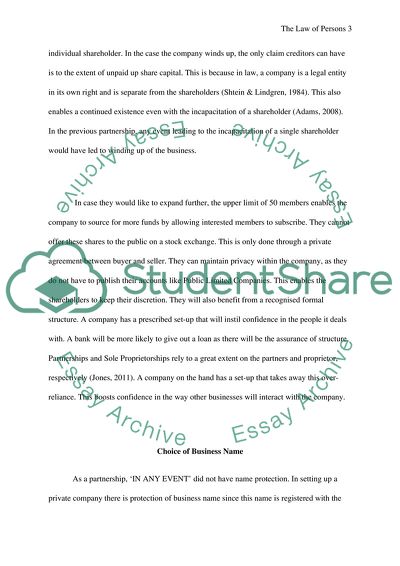Cite this document
(“Business Law Questions Essay Example | Topics and Well Written Essays - 2000 words - 1”, n.d.)
Retrieved from https://studentshare.org/law/1636075-business-law-questions
Retrieved from https://studentshare.org/law/1636075-business-law-questions
(Business Law Questions Essay Example | Topics and Well Written Essays - 2000 Words - 1)
https://studentshare.org/law/1636075-business-law-questions.
https://studentshare.org/law/1636075-business-law-questions.
“Business Law Questions Essay Example | Topics and Well Written Essays - 2000 Words - 1”, n.d. https://studentshare.org/law/1636075-business-law-questions.


